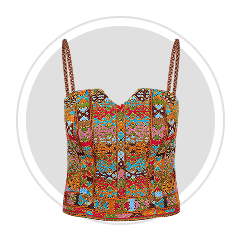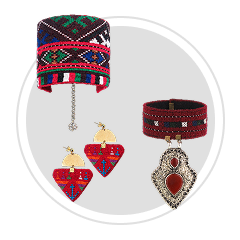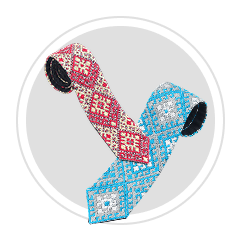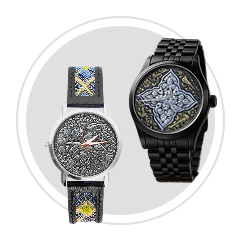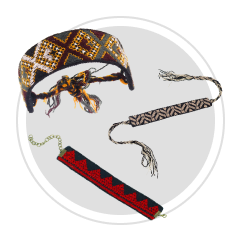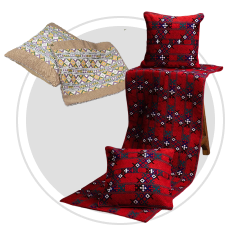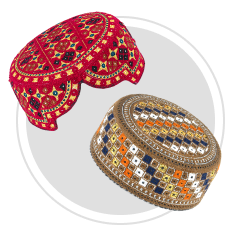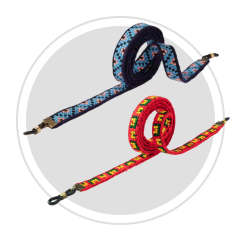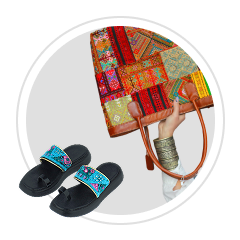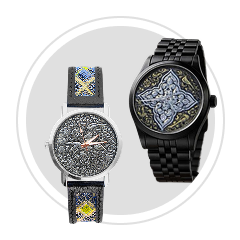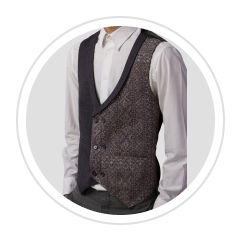Reviving the Art of Balochi Embroidery and Empowering Women in Sistan and Baluchestan
In 2013–2014, I, Atefeh Monfared, driven by a desire to help those in need, decided to take a step that would be more effective and sustainable than simply donating to charity. On the advice of a dear friend in Zahedan, the idea emerged to establish an embroidery workshop on the outskirts of the city—providing local women with the opportunity to earn an income through their craft, with their handmade products marketed and sold.
After launching the workshop, purchasing equipment, and hiring workers, the path of Rouch quickly shifted. We gradually realized that the women in this region faced serious restrictions: they were not allowed to leave their local area, lacked decision-making power and financial independence, and had limited access to education and healthcare. At the same time, the valuable art of Balochi embroidery was being neglected due to lack of awareness and market demand. Many women had abandoned the craft altogether, turning instead to low-paying, menial jobs such as cleaning or preparing vegetables.
At this turning point, Rouch’s mission transformed—preserving the art of Balochi embroidery and empowering women in the region. We restructured our production process, and for several years sold products below cost in order to gather customer feedback, improve quality, and adapt to market tastes. Production became organized and collaborative, with each stage assigned to someone less skilled in that area to encourage learning and growth. Responsibilities such as production management, procurement, payments, and shipping were divided among members, with specialized training provided by experienced professionals.

One milestone was the training provided by both local and international experts. Under the supervision of UNESCO and in cooperation with Japan, all members learned embroidery techniques, color theory, quality control, and the use of recycled materials. This educational process took five years, culminating in the beginning of Rouch’s export operations.
Participation in international exhibitions, developing modern products tailored to each country’s tastes, importing high-quality raw materials, and diversifying the product range were among the key steps that strengthened Rouch’s position and increased brand recognition. A defining feature of Rouch is that the entire team is made up of women—nearly 80% of whom are heads of households. Today, these women are empowered: they make purchases, plan their lives, engage with their communities, and make decisions with confidence.
Despite all challenges, Rouch remains committed to its mission, looking toward a future where every Iranian home has at least one piece of Balochi embroidery—a lasting reminder of authenticity, culture, and the determination of women who are building a new future for themselves and their homeland through their art.

